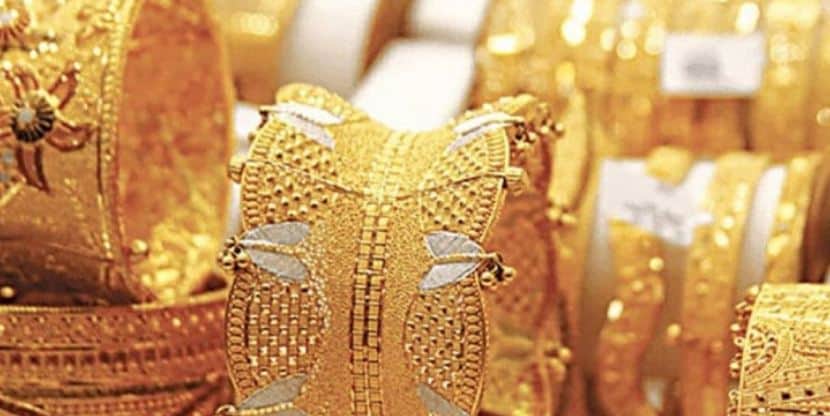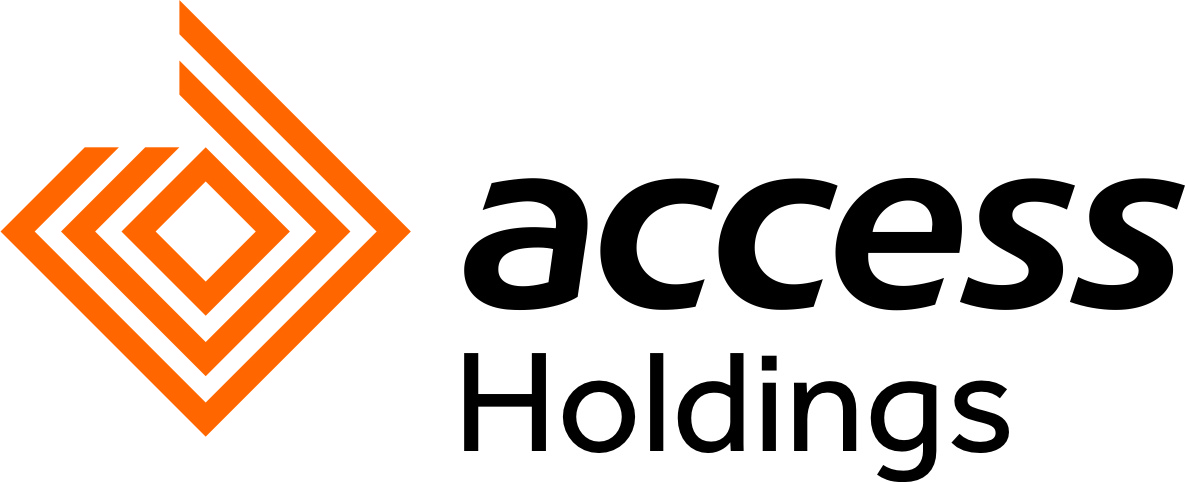
Your last-minute Budget battle plan, by financial guru JEFF PRESTRIDGE. Act THIS MORNING and you can still save yourself thousands By Jeff Prestridge Updated: 22:22, 29 October 2024 e-mail View comments In a few hours’ time, we will finally discover how Chancellor of the Exchequer Rachel Reeves intends to raise up to £35 billion in new taxes to pave the way towards a promised land of milk and honey – where austerity and NHS waiting lists are no more and the trains run like clockwork. (Never in a month of Sundays.
) We will find out exactly what this monstrous tax raid will mean for our household finances and our ability to save for – and enjoy – retirement. God, help us. The Chancellor of the Exchequer Rachel Reeves intends to raise up to £35bn in new taxes We already have a good idea as to what taxes she will raise.
There will be a hike in capital gains tax (CGT), a more draconian inheritance tax (IHT) regime, maybe restrictions in the ability to obtain tax-free cash from a pension at age 55, an increase in employer National Insurance (NI) contributions, bigger income tax bills as more people are dragged into higher tax bands, and a possible increase in the fuel duty imposed on those who drive petrol or diesel cars. Money Mail looks at some of these tax-raising measures and how best you can prepare for them – and even, at this late stage, still mitigate them. Higher capital gains tax bills Currently, CGT is charged on profits from the sale of shares (and other assets) that exceed the annual £3,000 exemption.
The tax rate is a minimum 10 per cent for basic rate taxpayers and 20 per cent for higher and additional rate taxpayers. RELATED ARTICLES Previous 1 Next Rachel Reeves urged to introduce pay-per-mile road pricing..
. The best Isas you can still open NOW to shelter savings and..
. China has been plunged into a major financial crisis - this..
. Do you live near one of Britain's most infuriating speed..
. Share this article Share HOW THIS IS MONEY CAN HELP Can you find a better savings rate? Check our independent best buy tables Profits from the sale of second homes or buy-to-let properties are higher, respectively a minimum 18 per cent and 24 per cent. Although Sir Keir Starmer has signalled big hikes in these CGT tax rates after scandalously suggesting that those who own shares, property and savings are not ‘working people’ – and so fair game for big tax rises – it is likely the Chancellor will be a little gentler.
With the ‘worst’-case scenario of CGT rates being aligned with income tax rates seemingly ruled out, it now looks likely that the ‘best’-case outcome will be rates on share sales being pushed up to those applying to second properties. A ‘middle’ ground could result in them facing the same tax rates, but higher than 18 per cent and 24 per cent. While no indication has been given as to when any new CGT rates will kick in, it would be no surprise if they came in from midnight (this happened in 2010 when Chancellor George Osborne increased CGT).
This is because the Chancellor would not want investors to use any big gap between the announcement and its implementation to sell shares at the current friendlier CGT rates – thereby losing her a slug of the extra tax revenues she is desperately seeking. Forestalling – as Treasury officials call it – will be prevented. Outrage: Keir Starmer signalled big hikes in Capital Gains Tax rates after scandalously suggesting that those who own shares, property and savings are not ‘working people’ Action now: Slick investors keen to offload some shares could do so this morning through their investment platform before the Chancellor stands up in the House of Commons to deliver her Budget (around 12.
30pm). Jason Hollands at wealth manager Evelyn Partners says: ‘If an investor wants to trigger a CGT charge this morning, they could sell UK equities, exchange traded funds and investment trusts – and hopefully escape any increase in the tax in the Budget. I say “hopefully”, because Ms Reeves could backdate the CGT increase.
But such a move would be extremely contentious.’ (Post the winter fuel payment debacle ‘contentious’ is already Ms Reeves’s middle name.) Such a route should only be considered by investors who are 100 per cent convinced that such a share sale is in their best financial interests.
Don’t let the tax tail wag the investment dog. Even better, someone could sell this morning – potentially paying any CGT at the current rate – and then buy back the shares inside a tax-friendly Isa (Bed & Isa) or pension (Bed & pension) where CGT is not an issue. Mr Hollands says: ‘An investor would complete the ‘Bed’ part of the process this morning.
They could then carry out the Isa or pension part of the transaction once the equity deal has settled. If the shares are repurchased outside of an Isa or pension, an investor must wait at least 30 days before buying them back. To complete a Bed & Isa or Bed & pension typically takes ten days, but the key is to crystallise the share gain before the start of the Budget.
’ Mr Hollands says investors acting this morning to avoid a harsher CGT regime need to be aware they will be doing so without full knowledge of the Chancellor’s plans. A hike in fuel duty Fill it up: An 8p increase in fuel duty would cost motorists 9.6p after VAT is added - an extra £5.
28 to fill a typical 55-litre fuel tank Fuel duty on petrol or diesel cars has not been increased since 2011. In 2022, the then Chancellor, Rishi Sunak, cut it by 5 pence a litre in response to rising fuel prices and a wider cost-of-living crisis. Yet it seems the current rate, 52.
95 pence a litre, could (not will) rise from midnight – by at least 5 pence a litre, maybe by 7 or 8 pence. Action now: If you’ve yet to go electric and you’ve got a car with a fuel gauge edging towards red, a visit to a petrol station today to fill up makes financial sense. Motoring organisation the AA says that an 8 pence increase in fuel duty would cost motorists 9.
6 pence after 20 per cent VAT is added. To fill the typical 55-litre car fuel tank, it will add an extra £5.28 – or 1.
2 pence a mile to the cost of driving the average car. Filling up today will not save you a fortune (maybe nothing if the duty is not increased) but look upon it as a no-lose measure. Changes to inheritance tax Any changes to IHT announced today are unlikely to kick in until the start of the new tax year next April.
While it seems likely that the Chancellor will concentrate on restricting the IHT reliefs available to small business owners and farmers who pass down their businesses through the generations, she could do more. For example, she could retain the nil-rate IHT band of £325,000 while abolishing the additional nil-rate residence band of £175,000 – available to those who pass on their home to a child or grandchild. It is also possible that she will restrict the right of people to gift assets to avoid IHT.
Prediction: The Chancellor could retain the nil-rate IHT band of £325,000 while abolishing the additional nil-rate residence band of £175,000 – available to those who pass on their homes Action now: IHT mitigation will not be the order of today (tin hats will be more useful). But any changes should concentrate the minds of those where IHT is an issue, now or soon. With a likely five-month window before any new tougher IHT regime comes in, executors should strive to pay any tax due on the estate they are responsible for ahead of April 5.
People looking to mitigate future IHT bills should also use existing gift allowances while they are still around. The simplest one is the annual exemption gift allowance of £3,000, which can be boosted by any unused exemption from the previous tax year. So, a married couple or civil partners who did not use last year’s annual exemptions could gift £12,000 to loved ones, which are 100 per cent tax-free and will not be added to the value of their estate when they die.
Small gifts of up to £250 per person can also be made. Just keep a record of any gifts you make – it will make life easier for your executors when it comes to sorting out your estate. Those who think IHT will be a big issue post-Budget should speak to a financial adviser or solicitor.
Pensions and Isas In recent weeks, there have been rumours that the Chancellor is keen to curb the tax friendliness of both pensions and Isas. Access to tax-free cash from a pension may well be restricted, while a lifetime cap could be imposed on the amount of savings or investments that you can hold in Isas. New limits: A lifetime cap could be imposed on the amount of savings or investments that you can hold in an Isa Action now: If any of these rumours come true today, there is no way they could be introduced straight away.
Pension and Isa providers would have to be consulted – and systems updated. There would also have to be some form of transitional arrangements for those who are close to retirement and banking on accessing sizeable tax-free cash from their pension. The same goes for those who have already amassed six or seven-figure Isas.
So, don’t panic if any proposed restrictions are likely to impact on you. Wait for the detail – and, if necessary, take advice. The Chancellor could also reduce the annual amount that you can contribute to a pension and Isa – currently respectively £60,000 and £20,000 a year.
But any reductions would probably come in from next April. So, if you’re contributing to a pension or an Isa – preferably both – I strongly advise you to keep doing so. If you haven’t got a cash Isa, get one – they are a super way of protecting savings interest from Ms Reeves’s clutches.
Higher national insurance bills Employers in the private sector are likely to face higher NI bills as a result of the Budget. A two-percentage point rise in NI contributions is the most likely outcome, raising the Chancellor a big chunk (£20 billion) of the £35 billion she is after. Although this would not be a direct tax on workers, it will increase the cost of running businesses (on top of the hike in the minimum wage and the cost of adhering to new employment laws).
This could mean employers reducing headcounts and cutting the cost of worker benefits such as pensions and private medical insurance. Action now: Workers would be wise to ensure they are taking full advantage of their employer’s pension scheme – ahead of any dumbing down of the fund in the future. And finally.
.. If, like me, you’re going to watch today’s Budget, may I suggest you do so with a stiff drink.
Alternatively, switch off the radio or TV – and wait to read our Money Mail Budget report in tomorrow’s paper. Unlike today’s horror show of a Budget, we will hold your hand and guide you on how best to navigate the tax nightmare that Ms Reeves has created. jeff.
[email protected] Share or comment on this article: Your last-minute Budget battle plan, by financial guru JEFF PRESTRIDGE.
Act THIS MORNING and you can still save yourself thousands e-mail Add comment Some links in this article may be affiliate links. If you click on them we may earn a small commission. That helps us fund This Is Money, and keep it free to use.
We do not write articles to promote products. We do not allow any commercial relationship to affect our editorial independence..














